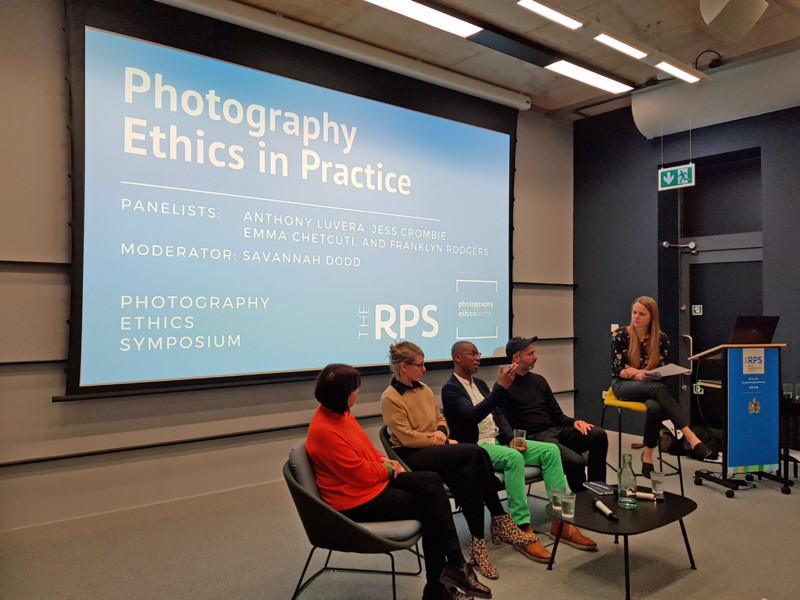Ethics Center Wants All Photographers to Publish an Ethics Statement
![]()
The Photography Ethics Center is asking all photographers to commit to publishing a statement of ethics on their websites. By doing so, the hope is that all photographers will think more proactively about the ethics of their work.
In a new campaign published to its website, the Belfast-based Photography Ethics Center is encouraging photographers, editors, curators, organizations, and other professionals in the photography industry to write and publish a Statement of Ethics to provide a crucial foundation on which photographers can ground their work.
The social enterprise, which says it works globally, is asking photographers to reflect on their practice, identify their own ethical approach, and share it.
What is a Statement of Ethics?
“A Statement of Ethics is a declaration of a photographer’s ethical principles and a description of how they enact those principles in their photography practice,” the Ethics Center says.
“By publishing a Statement of Ethics to their websites, photo professionals can encourage transparency, foster accountability, and enhance ethical awareness across the industry. It will also be the final component in the Photography Ethics Centre’s newly released certification program, which shows an individual has actively engaged with ethics education.”
Savannah Dodd, the founder of the Photography Ethics Center, says that photographers make ethical decisions every time they take a photograph, whether or not they are aware of it.
“Ethics shapes our decisions around what we photograph, how we photograph it, how we edit that photograph, where we publish a photograph, and how we caption it,” she says.
“For photography businesses, ethics also shapes what kind of work they do and what clients they take on. By taking time to consider and articulate our own ethical stance, we can cultivate awareness about the ethical dimensions to the decisions we make, and we can make those decisions more deliberately and with greater care.”
Ethics Are Good For Business
Dodd argues that beyond altruism, there are additional reasons why ethics are important to photographers of all genres. She argues that there are risks for not thinking proactively about ethics, and benefits if photographers do. She cites the following figures:
“72% of individuals said a company’s purpose or mission is important to earn their support (good.must.grow. 2021), 28% of consumers have stopped buying certain brands due to ethical or environmental concerns (Deloitte 2021), and a third of consumers choose companies based on their social and environmental impact (Unilever 2017).”
“Photographers who do not consider ethics are at risk of unknowingly breaching national or international laws and ethical norms about privacy, confidentiality, copyright, consent, and child protection, among others,” Dodd continues. “These breaches can be costly in terms of time, money, and reputation.”
Dodd says that, unfortunately, photographers often only have a conversation about ethics when something goes wrong, but many of the negative stories in the photography industry could have been prevented if photographers had proactively embedded ethics into their workflow.

“Of course, ethics for a wedding photographer will look a little different than ethics for a documentary photographer, but we can all embed ethics into our photographic practice,” she says.
The Photography Ethics Center has launched a webpage that explains the purpose of the pledge, including details on what a statement of ethics is and recommendations for writing one.
“We cast the net of ethics very broadly. Ethics isn’t just about the things that are happening when you are behind the lens. Ethics, of course, includes things like consent and representation, but also environmental sustainability, personal safety, and respect for colleagues,” Dodd says.
“We do not offer ethical guidelines or rules. Instead, we approach ethics as subjective, contextual, and fluid. This means that ethics are different for different people because ethics are influenced by our life experiences and our moral frameworks, that ethical decisions are shaped by the contexts we are working in, and that ethics change as we grow and learn as people, as we work across different photographic genres.”